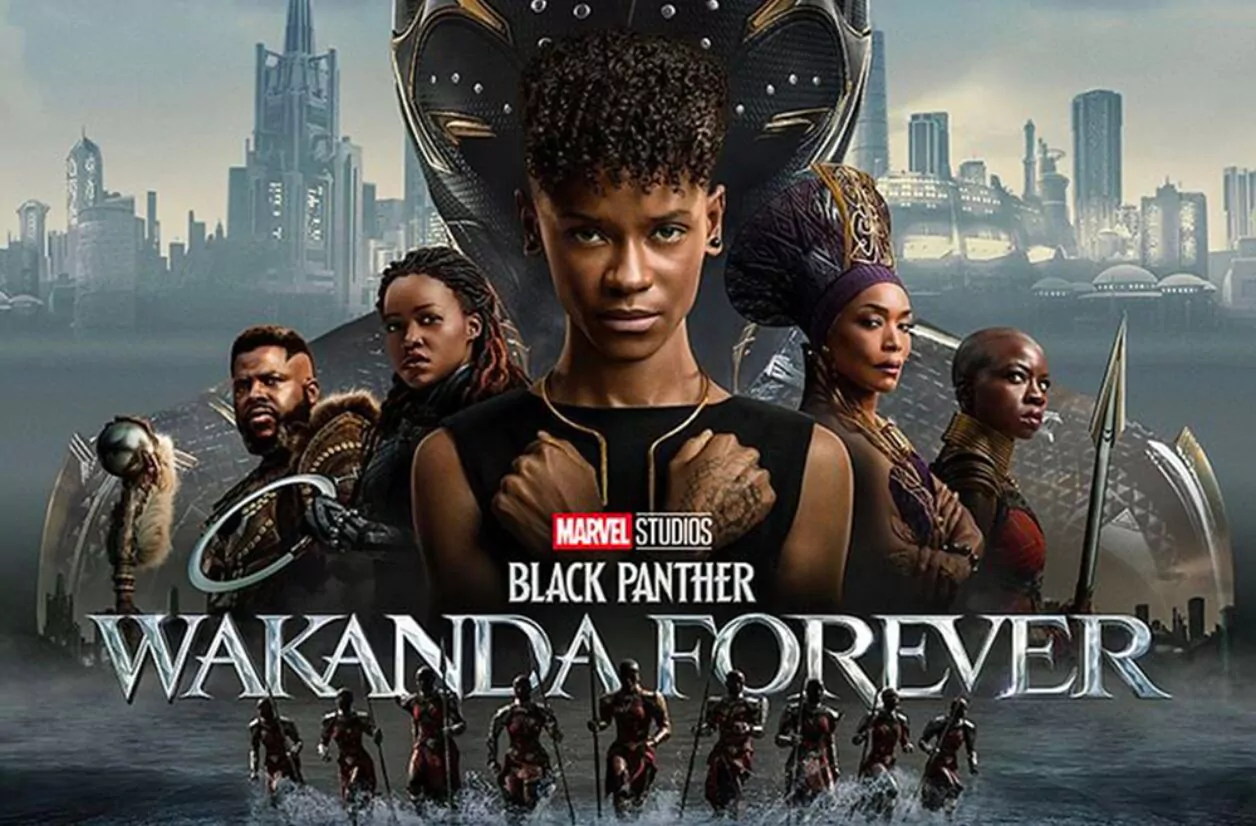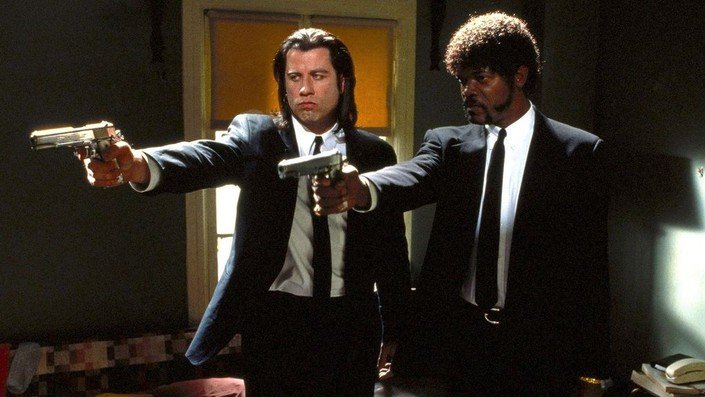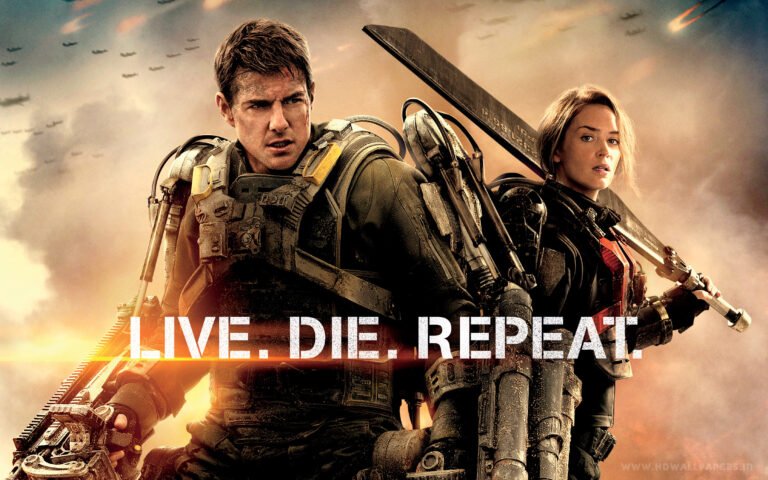
The highly anticipated sequel to the 2018 Marvel hit, Black Panther: Wakanda Forever, has arrived, and it’s a film of contrasts. Directed by Ryan Coogler, the movie grapples with the tragic loss of Chadwick Boseman, the beloved actor who portrayed the titular hero in the previous installment. The emotional weight of this loss is palpable throughout the film, and the tribute paid to Boseman and his character, T’Challa, is both sensitive and impactful.
The film’s narrative structure and pacing present significant challenges. At 161 minutes, Wakanda Forever struggles to maintain a consistent rhythm, with the emotional resonance at times masking the flaws in the overall development and execution of the story.
The Emotional Tribute
One of the film’s undeniable strengths is the way it honors the legacy of Chadwick Boseman and his iconic portrayal of T’Challa. The film offers a sensitive and well-executed tribute not only to the character but also to the actor himself. This emotional component is a driving force throughout the narrative, and it’s clear that the filmmakers have put a great deal of thought and care into ensuring that Boseman’s impact is felt in a meaningful way.
The film’s serious tone and the emotional factor can sometimes overshadow the narrative’s shortcomings, as the final message is truly touching. This delicate balance between the emotional weight and the structural issues is a central challenge that the film grapples with, and it’s a testament to the filmmakers’ skill that they are able to create such a poignant tribute amidst the broader narrative flaws.
The Narrative Struggles
While the emotional impact of the film is undeniable, it also highlights several areas where the narrative structure and pacing falter. One of the key issues is the film’s handling of the political subplot, which is very poorly structured and hastily constructed.
The film’s attempt to tackle issues of global interference and the power dynamics between nations, particularly the United States and France, is a valid and important critique. However, the execution of this subplot is basic and without any real structure, with the filmmakers seemingly underestimating the audience’s ability to interpret the complex political dynamics at play.
Another area of concern is the film’s lack of a clear protagonist after the initial introduction. The film needs to do a whole review of the power structure and politics of Wakanda to show the challenges and to show this fragile nation that needs a protector. This lack of a central narrative focus can make the film feel disjointed and unfocused at times, as it juggles multiple storylines and character arcs.
The Uneven Pacing and Action Sequences
The film’s pacing and action sequences also present issues, with truncated action scenes after the death of T’Challa, which suffer from anticlimax. The film’s scale of action is expanded in some moments, but it ultimately fails to deliver the level of engagement and excitement that audiences might expect from a Marvel superhero film.
Additionally, the film exhibits inconsistencies in its visual quality, with some scenes exhibiting a completely out-of-focus background and some dialogues that would be necessary to move the situation forward. This lack of visual cohesion can be jarring and disrupt the viewer’s immersion in the story.
Bright Spots and Missed Opportunities
Despite these narrative and technical challenges, the film’s bright spots include the excellent costume design by Ruth E. Carter, who has been long overdue for recognition in the industry. The film also features a strong performance by Angela Bassett, who manages to hold her own despite the film’s uneven pacing and development.
However, the film misses opportunities with certain characters, particularly the character of Namor (played by Tenoch Huerta). Namor has a lot of potential but is ultimately used in a very basic way in the film’s argument.
A Flawed but Emotionally Resonant Sequel
In the end, Black Panther: Wakanda Forever is a film that grapples with the weight of its own legacy and the tragic loss of its lead actor. While the emotional tribute to Chadwick Boseman and his character is undoubtedly powerful, the film’s narrative struggles and uneven pacing prevent it from fully realizing its potential.
The film is a film of highs and lows that has improvements in the effects and maintains the excellence standard in the costumes of Ruth Carter, but ultimately becomes confusing when trying to stabilize the entire power of Wakanda. It’s a film that will likely resonate deeply with audiences on an emotional level, but may leave some viewers wishing for a more cohesive and compelling storytelling experience.
Ultimately, Black Panther: Wakanda Forever stands as a testament to the enduring legacy of Chadwick Boseman and the continued importance of representation and diversity in superhero cinema. While the film may not be a perfect narrative, it remains a powerful and poignant tribute to a beloved actor and the world he helped bring to life.


